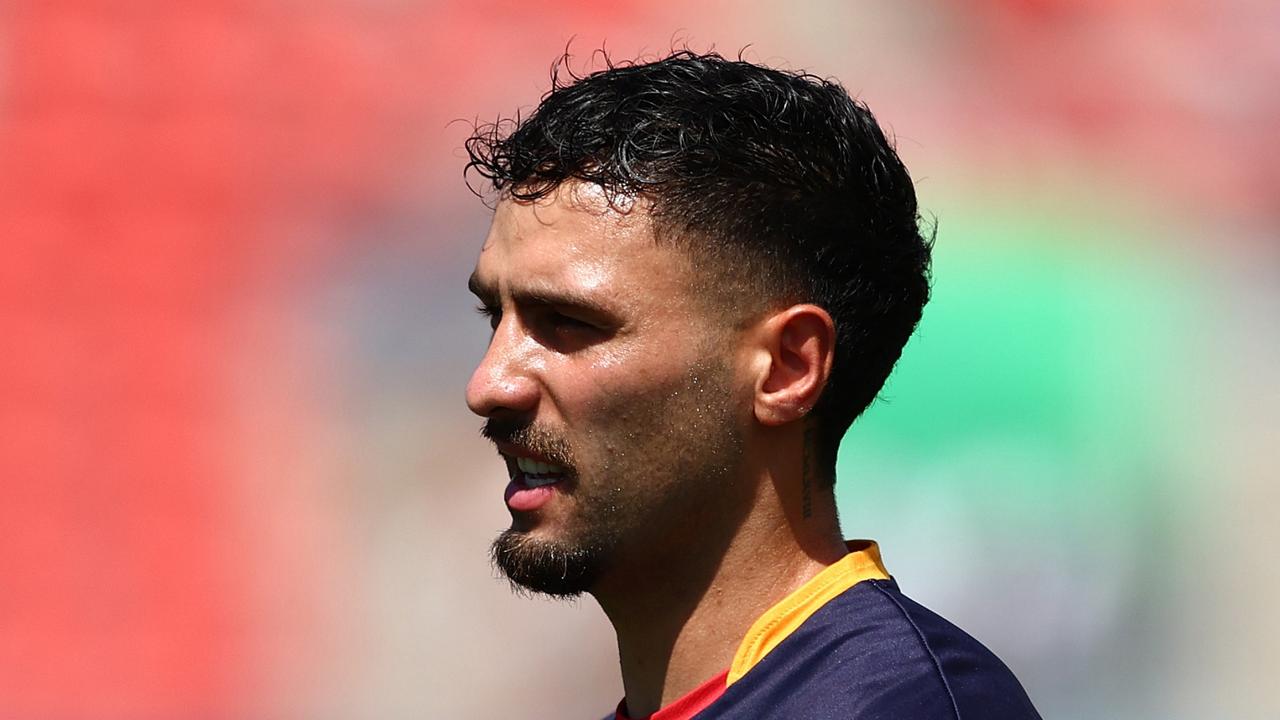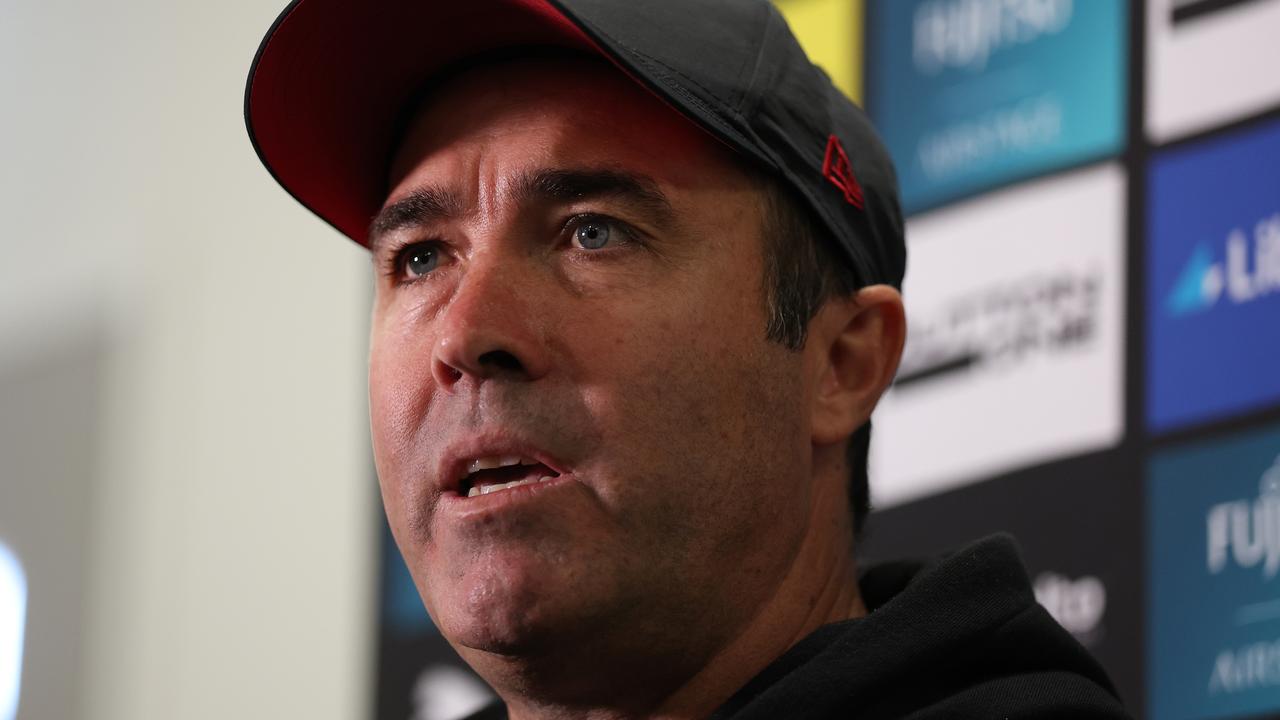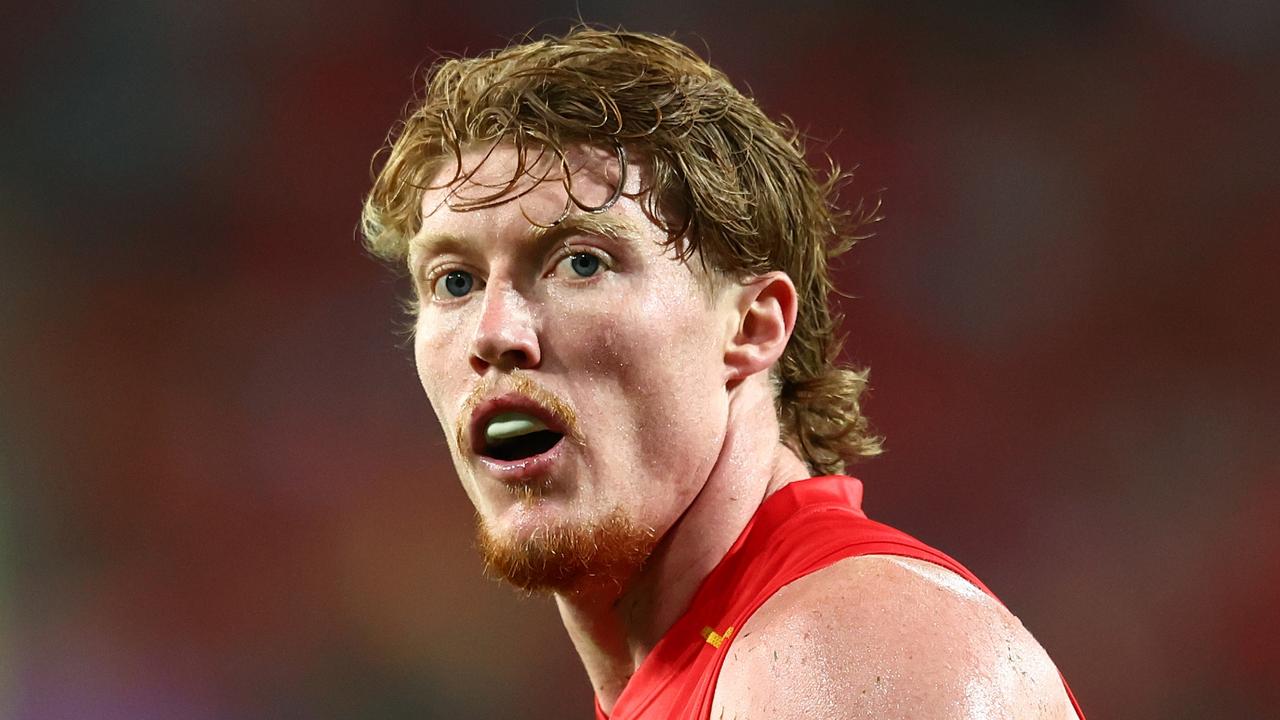Netballers: AFLW has the hype, but quality is a work in progress
THEY’VE drawn bumper crowds and unprecedented media coverage for a female competition but are these footballers actually any good?
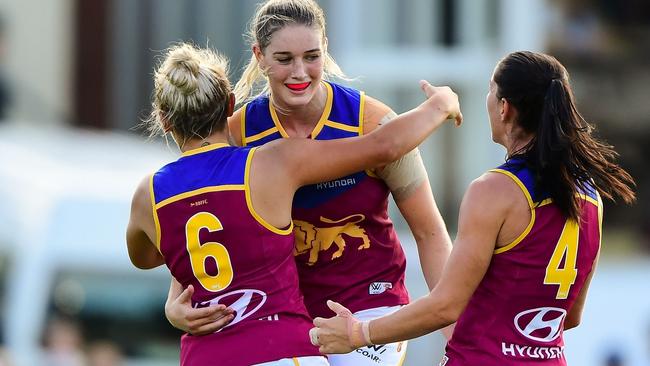
AUSTRALIAN netballer Natalie Medhurst has questioned the quality of the new AFL women’s league (AFLW) in comparison to what other female athletes in the country have to offer.
The West Coast Fever captain — a passionate AFL fan who saw Fremantle play Brisbane last weekend — says the footy competition has a long way to go before its athletes can be considered on the same level as Australia’s elite netballers.
“The standard (of the AFLW) is being questioned and I think that’s something netball doesn’t have to worry about because we have been playing for so long,” Medhurst told news.com.au at the launch of the 2017 Suncorp Super Netball season.
“The standard at which we play at, the professionalism and the skills of the players are second to none. That’s one thing I don’t think the women’s AFL has yet. That’s going to take time.
“Even girls who have been playing in our competition for three years are struggling or still coming to grips with what it’s like to be an elite athlete, the professionalism expected of you and the demands and expectations on how you train, so it’s going to take time for footy to be able to catch up as well.”
Skills horrible but intent and attack on the footy and woman fantastic #AFLWBluesPies
— Adam Curley (@AdamCurleyMedia) February 3, 2017
Medhurst — who acknowledged the difficulty female AFL players face in being compared to their male counterparts — said a fierce work ethic is ingrained in her teammates and competitors, but questioned whether footballers have the same attention to detail.
“An off-season is non existent (for netballers). Because you’re an athlete, you stay fit 12 months a year,” Medhurst said. “They (AFL players) only have nine contact hours a week and then you can say, ‘Well, how many things are they doing when they’re not being watched?’
“Whereas you ask all the netballers and their dedication, their commitment to being in the best condition possible to play and perform day in day out is second to none.”
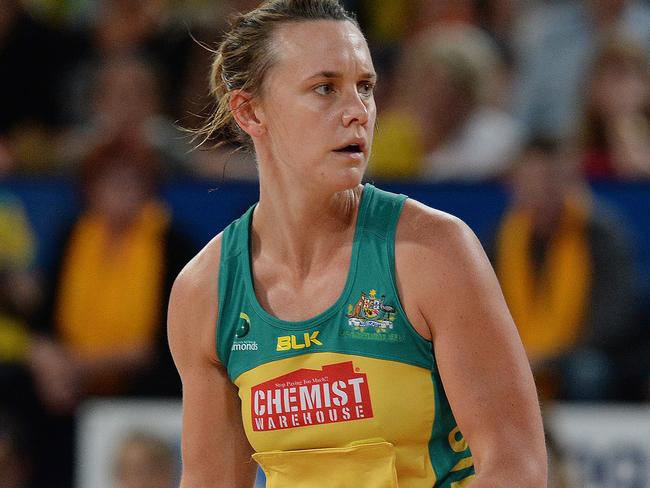
The AFLW kicked off with a lockout at Ikon Park after thousands more fans than expected turned up to see Carlton beat Collingwood, and healthy crowds elsewhere saw more than 50,000 spectators come through the gates on the opening weekend.
This doesn’t mean the AFLW will progress without a hitch, but it is a sign the competition has started on the right note.
Adelaide’s Erin Phillips (Australian basketball representative), Carlton’s Brianna Davey (Australian soccer player), Fremantle’s Kim Mickle (Olympic javelin thrower) and Collingwood’s Jess Cameron (Australian cricketer) are just a few of the women who have ditched other sports to join AFL rosters despite some not having played competitively in years.
That spots are available to those with a limited AFL pedigree could encourage other athletes to hop codes and dabble with the Sherrin. But Medhurst argues those who are new to the game won’t have the same appreciation for the privileged position they’re in if they start at the highest level.
“You appreciate as a (netball) player how far or how hard we’ve had to work and how far the game has come to get to where we are today,” Medhurst says.
“You have a lot more respect for where the game’s gone to rather than just walking into something where it’s given to you with bells and whistles.”
NSW Swifts captain Abbey McCulloch agreed, wishing she could have had the same exposure the AFL players are enjoying in their first season.
“I guess that’s why we’re so proud of where we are now and where our sport is because we have had to work so hard,” she said. “It’s not resentment or jealousy (towards the AFLW) — obviously we would have liked that to happen for us to skyrocket straight to the top — but it has been a hard slog.”
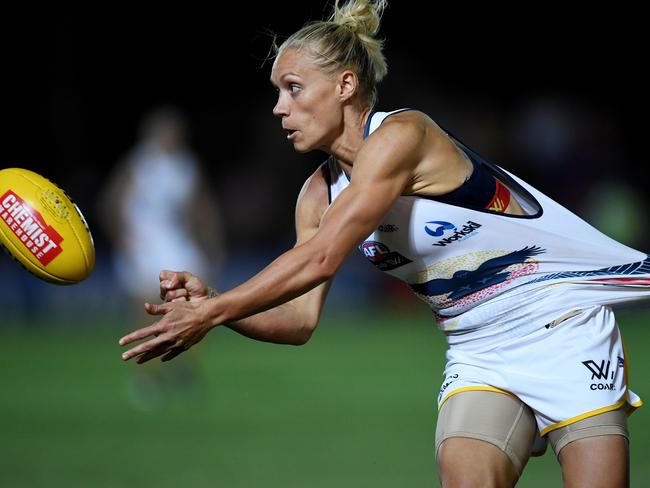
The AFLW is in its infancy, so it’s far too early to shout from the rooftops over its initial success, and there’s still a lot of time to pass before footballers get anywhere near the same status as other female athletes in Australia.
The league’s 16 marquee players will reportedly earn approximately $27,000 each this season — the highest salary afforded to any individual in the league.
By contrast, Netball Australia inked a new pay deal last year improving conditions considerably for the country’s best talent. The average salary increased from approximately $40,000 to $67,500 and the minimum wage more than doubled to $27,000.
It’s clearly a step in the right direction towards making netball a fulltime professional sport, but no doubt many would question why it’s taken this long to get to that point.
Obviously the AFLW isn’t at the same level yet (after all it’s only just begun), but judging by the early season crowds and people’s ability to watch every game live on TV (each match is broadcast by Fox Sports), the future looks bright.
The women may not be household names or boast the same skill level as other female athletes in Australia right now, but the football community will no doubt hope that changes sooner rather than later.
The Suncorp Super Netball season begins on Saturday February 18.

